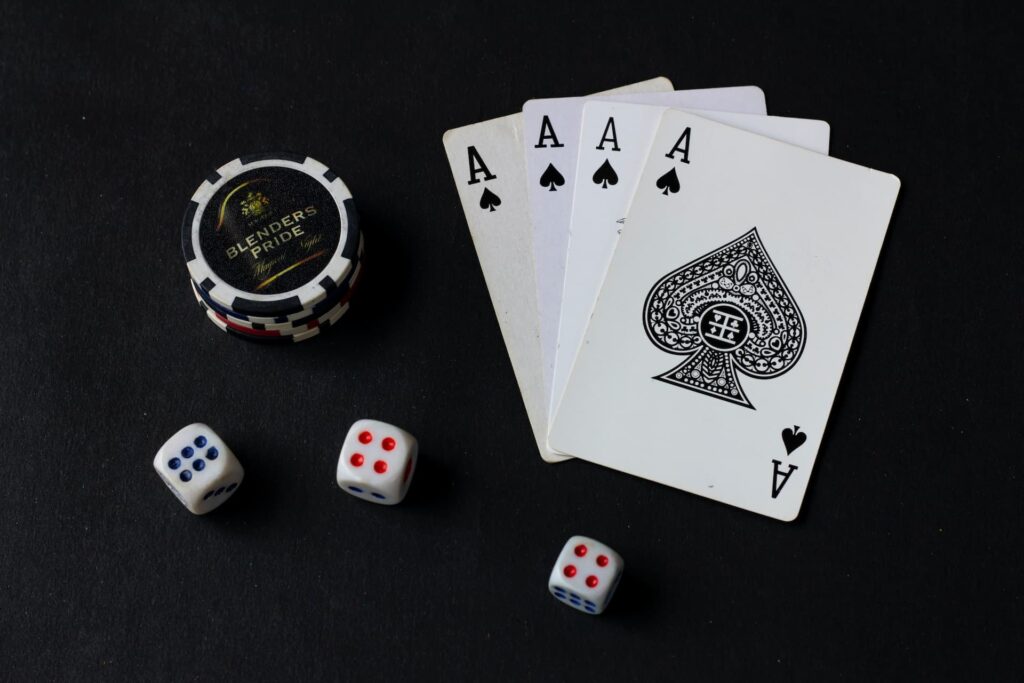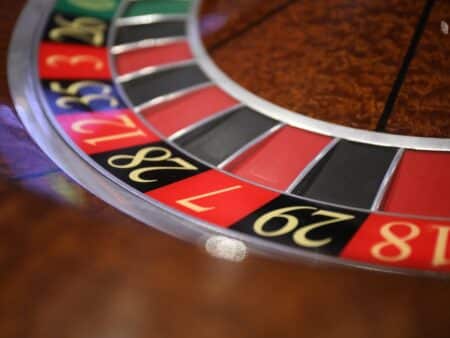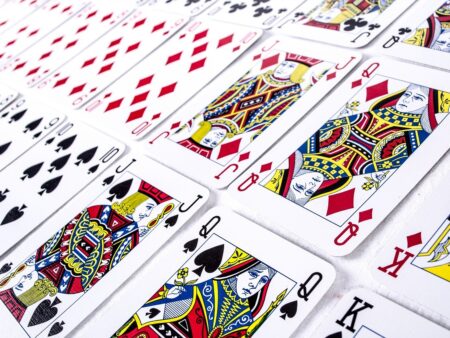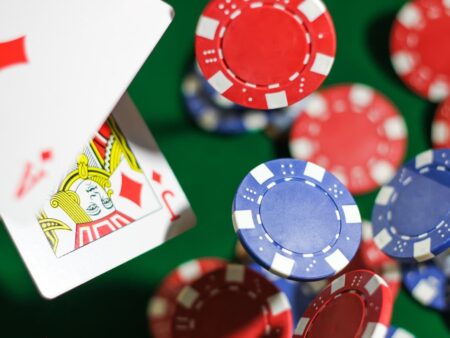Both skilled and experienced poker players tend to make mistakes. Read this article to get to know how to avoid them!
When playing poker online or offline, people frequently make mistakes. Gamblers with limited expertise often fail to properly analyze the situation and tend to act in a hurry. Their experienced counterparts might be too tired sometimes or they might overestimate their odds to win. In this article, we’ll describe the ten most popular poker mistakes to avoid. Our recommendations should help you minimize your losses and let you enjoy the game to the max.
Lack of Strategy
When playing poker, it’s crucial to have a strategy. Set a goal for yourself and make sure your every move pushes you one step closer to this goal. It’s okay to act randomly when spinning the reels of a slot machine. But poker requires intellectual effort.
To save time and nerves, you’d better avoid inventing everything from scratch. Poker has been around for two centuries. The best minds on the planet have already tested and shared efficient strategies for this game. Find them online, start practicing and identify what works best for you.
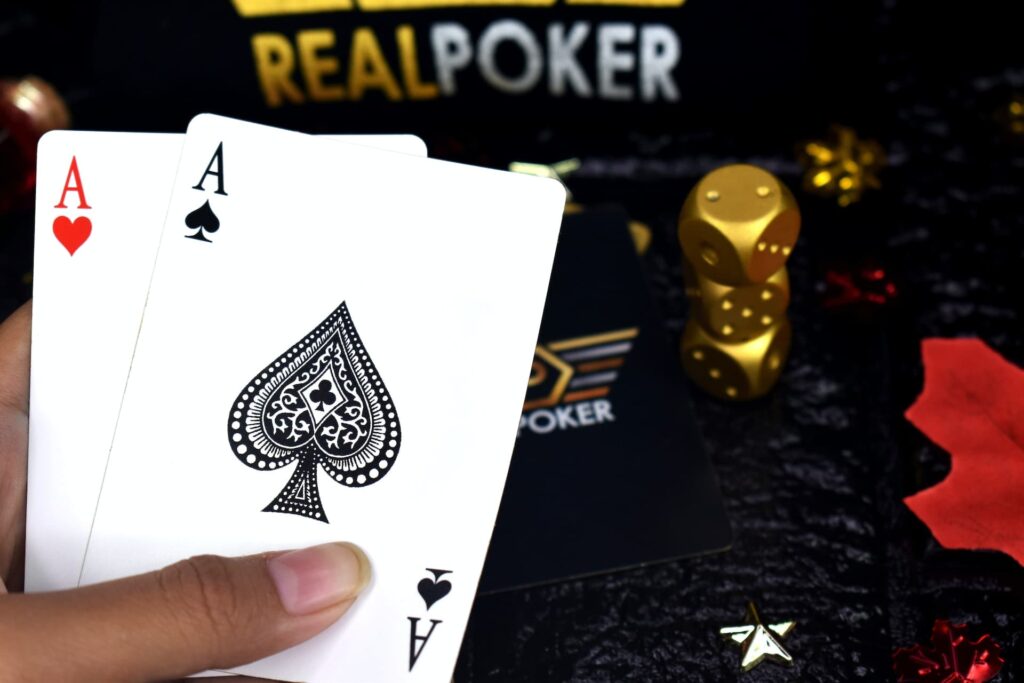
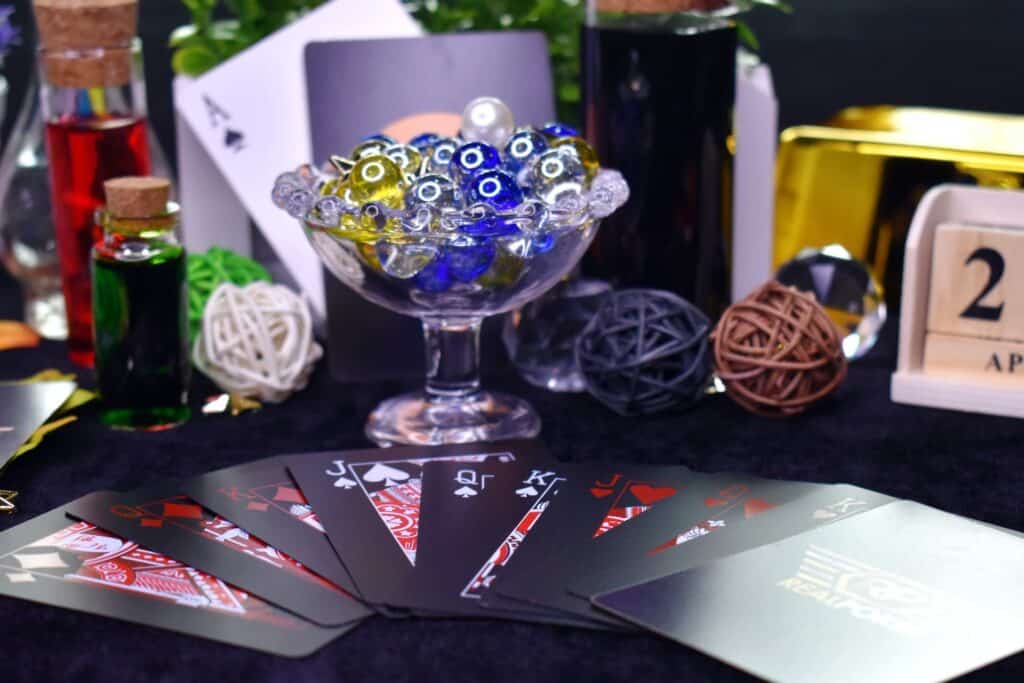
Wrong Assessment of Your Hand
The strength of your initial hand should determine your strategy. If your hand is strong, feel free to play rather aggressively. If it’s weak, strive to avoid risks.
Some gamblers might rely on their mood and not on their cards. They might take high risks simply because they had a good day or got a generous bonus at work. That’s a wrong approach. The power of the hand is paramount.
Too Large Sums at Stake
When getting started, it would be wise to put the smallest possible amounts of money at stake. Even if you lose several times in a row, you’ll be able to keep playing. And this is the most important thing because you need to practice.
Mid-level gamblers tend to place higher bets than their entry-level counterparts. However, this rule is not carved in stone. You may just as well go on playing with small bets.
Seasoned gamblers usually want to get the maximum thrills. That’s why they put large amounts of money at stake. They’re skilled and experienced enough to afford that. If you realize you aren’t a pro yet, you might prefer to stay away from such tables. Otherwise, you might lose all your money in the blinking of an eye because your opponents will be too strong.
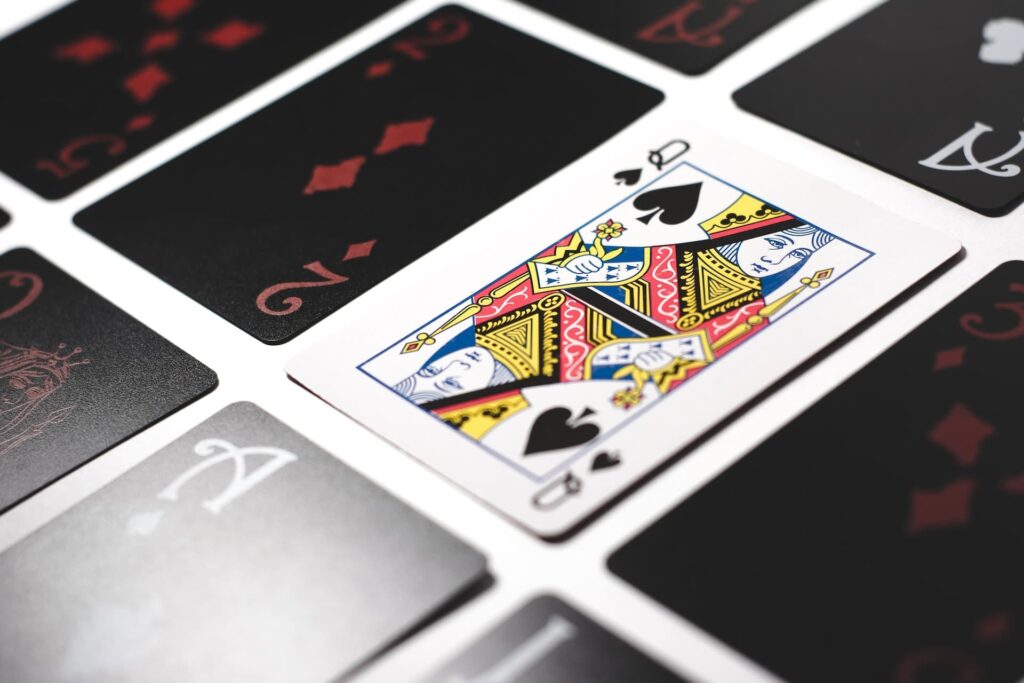
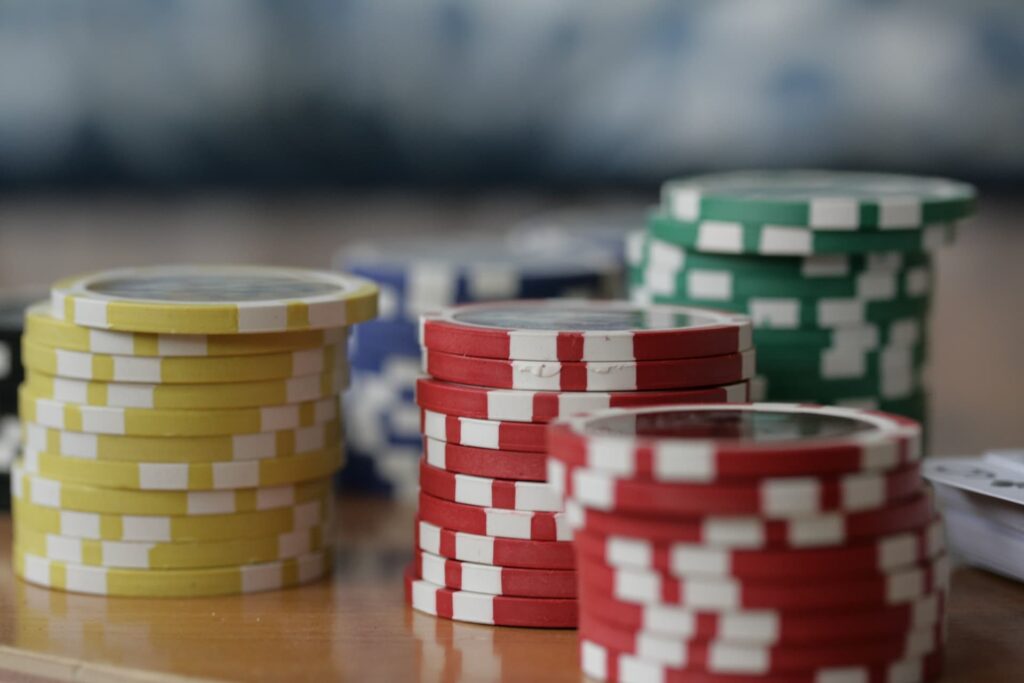
Excessive Bluffing
Bluffing too frequently is a mistake because:
- The more effort you put into it, the less attention you pay to all the other aspects of the game. You might fail to notice what other players do.
- For the sake of bluffing, you might miss your chance to make a smarter move.
- It won’t take long until your opponents get used to your bluffing. The more frequently you’ll be pulling your tricks, the more challenging it will become to deceive others.
We don’t mean to say that you should avoid bluffing at all. This tactic can save your life if you have a weak hand. Just don’t overdo it.
Overconfidence
Which emotions do you experience when you win several times in a row? Probably, you feel over the moon and start to believe that it’s your lucky day. In such a situation, many gamblers begin to increase their bets and act recklessly. But can anyone guarantee that your luck will last till the end of the gaming session? No. At any random moment, you can lose due to circumstances beyond your control. Avoid thinking that you’re the chosen one and never lose your focus.
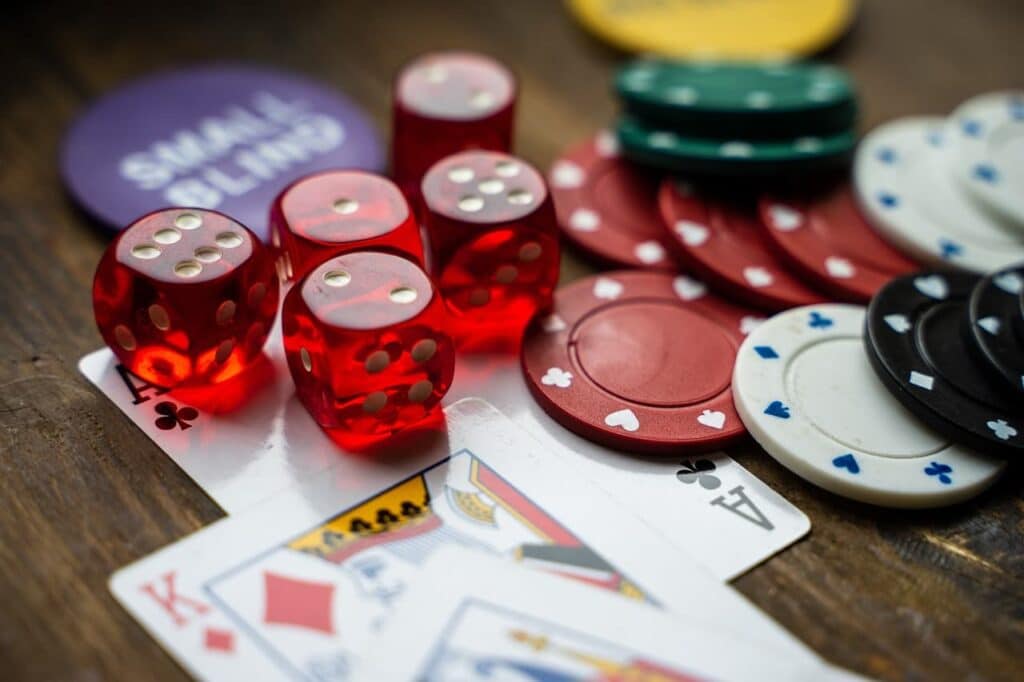

Uncontrolled Stress
Now imagine that you keep losing several times in a row. Naturally enough, your biggest desire will be to win as soon as possible. You might lose concentration and start acting in a hurry. The more you get stressed, the more mistakes you make and the more you lose. Learn psychological techniques that will let you calm down so that others won’t notice it — such as slowly counting backward in your mind.
Blaming Bad Luck
It’s one of the common poker mistakes among players of any level of experience. Indeed, you might keep getting weak hands repeatedly. But normally, weak hands alternate with strong and medium ones. In this game, the outcome largely depends on your actions and ways of thinking.
Try to be critical of yourself. Which mistakes did you make that you could avoid? Which opportunities did you lose because of being inattentive? The sooner you detect your weak sides, the faster you’ll be able to take measures to overcome them.
Always Sticking to the Same Strategy
People who are new to poker feel happy and proud when they find their first winning strategy. They realize that a certain approach lets them feel more confident during the gaming session and lose less frequently. It’s only logical that they stick to this strategy. But if they always act predictably, their opponents will be able to foresee their actions — and take measures to prevent them from winning.
In this card game, it’s essential to be flexible. Find not one but several strategies that fit your character and level of experience. Apply them interchangeably, depending on the circumstances.
Neglecting Your Opponents’ Actions
If you focus too much on your own actions, you might become an easy victim to your opponents. It’s important to keep continuously analyzing the moves of each person at the table. Even if you think you know someone well, they can surprise you at any moment.
Unjustified Attachment to the Pot
It’s one of the most widespread rookie poker mistakes. The gambler has already committed money to the pot — and they keep putting chips into it even if their odds of winning are not too high.
Try to analyze the situation reasonably. If you suspect you’re about to lose, don’t hesitate to fold. There will always be another chance. True professionals know when it’s better to stop and wait.
Final Thoughts
Hopefully, you found this article informative! Even if you’ve been playing poker for a while already, you might still be prone to mistakes — because to err is human. To make the most of this game, you should always remain calm and learn to control your both positive and negative emotions. Don’t act without a strategy and avoid sticking to the same strategy for too long. Make decisions based on your hand and the overall situation at the table — but not your mood. Don’t place too much money at stake and don’t bluff excessively. Keep continuously analyzing your opponents’ behavior. Last but not least, try to play as often as you can to hone your poker skills — and may luck be with you!
